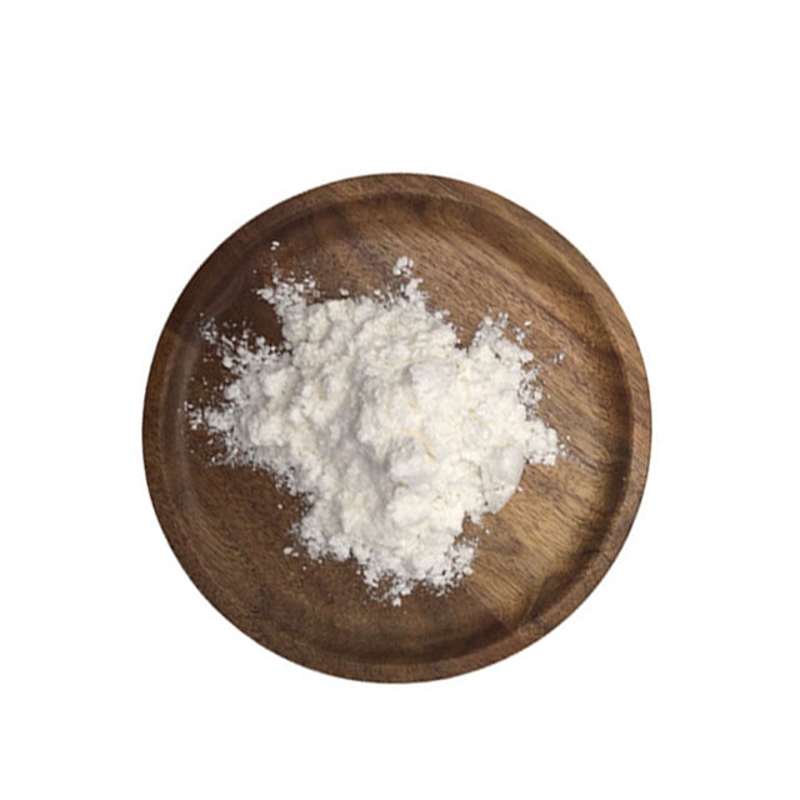-
Categories
-
Pharmaceutical Intermediates
-
Active Pharmaceutical Ingredients
-
Food Additives
- Industrial Coatings
- Agrochemicals
- Dyes and Pigments
- Surfactant
- Flavors and Fragrances
- Chemical Reagents
- Catalyst and Auxiliary
- Natural Products
- Inorganic Chemistry
-
Organic Chemistry
-
Biochemical Engineering
- Analytical Chemistry
- Cosmetic Ingredient
-
Pharmaceutical Intermediates
Promotion
ECHEMI Mall
Wholesale
Weekly Price
Exhibition
News
-
Trade Service
Autism Spectrum Disorder (ASD) is a type of developmental disorder characterized by severe loneliness, lack of emotional responses, language developmental disorders, stereotyped repetitive movements, and so on.
children with autism are as good as ordinary people in appearance, but as if they are separated by an invisible wall that makes it impossible to touch their hearts.
2018 statistics from the U.S. Centers for Disease Control and Prevention, the incidence of autism is as high as 1/59.
lack of national autism statistics in China, the 2015 China Autism Education and Rehabilitation Industry Development Report shows that china's autism trend is high, the incidence rate as high as 1%.
, the cause of autism is still not very clear, both genetically related and involving a variety of environmental factors.
recent studies have shown that, like many other diseases, intestinal bacteria may contribute to the pathogenesis of autism.
First, gastrointestinal disorders are common in children with autism; second, people with autism are mostly picky eaters and often lack digestive enzymes, which inevitably affect and alter their gut microbiotics; and finally, many studies have found significant malnutrition in the intestinal virlocy of autistic people, such as long-term Bifidobacteria deficiency, Bacillus difficile and white Candide overgrowth.
, however, it is clear exactly how the enterobacteria affect the pathogenesis of autism.
October 21, 2020, Wang Wei of Peking University School of Basic Medicine and Kang Wei of the Beijing Genomics Research Institute of the Chinese Academy of Sciences, as co-authors, published a research paper entitled: A quasi-faired cohort strategy reveals the impaired detoxifying function of microbes in the gut of autistic children.
study found significant deficiencies in detoxifying enzymes and their pathogenesis in autistic children, impaired intestinal microbial detoxification leading to toxin accumulation and mitochondrial dysfunction, which are core components of the pathogenesis of autism.
study provides new evidence of a link between gut microbiomes and autism, and paves the way for treating people with autism by restoring their microbial detox capabilities.
team collected stool samples from 39 children diagnosed with autism and 40 children who did not have the disease.
because of the large differences in intestinal bacteria between people, the researchers carefully selected factors such as the age and place of residence of the children involved in the study to ensure that they had similar intestinal bacteria.
, the team sequenced each stool sample to determine if there were significant intestinal bacterial differences between autistic children and children without autism.
team found that children with autism had a different proportion of detoxifying enzymes than children without autism.
team further tested 65 other autistic children and found the same results.
that children may develop autism because of the effects of gut bacteria on the intestinal detox process.
, this in turn causes environmental toxins to enter the bloodstream, harming mitochondrials in brain cells and leading to autism-related symptoms. The
team says more needs to be done to further identify the findings, but says the findings suggest that it may be possible to prevent the onset of autism by developing treatments that help the detox process, or to address more directly the factors that contribute to the detox problem.
.







